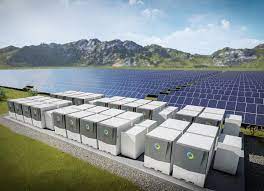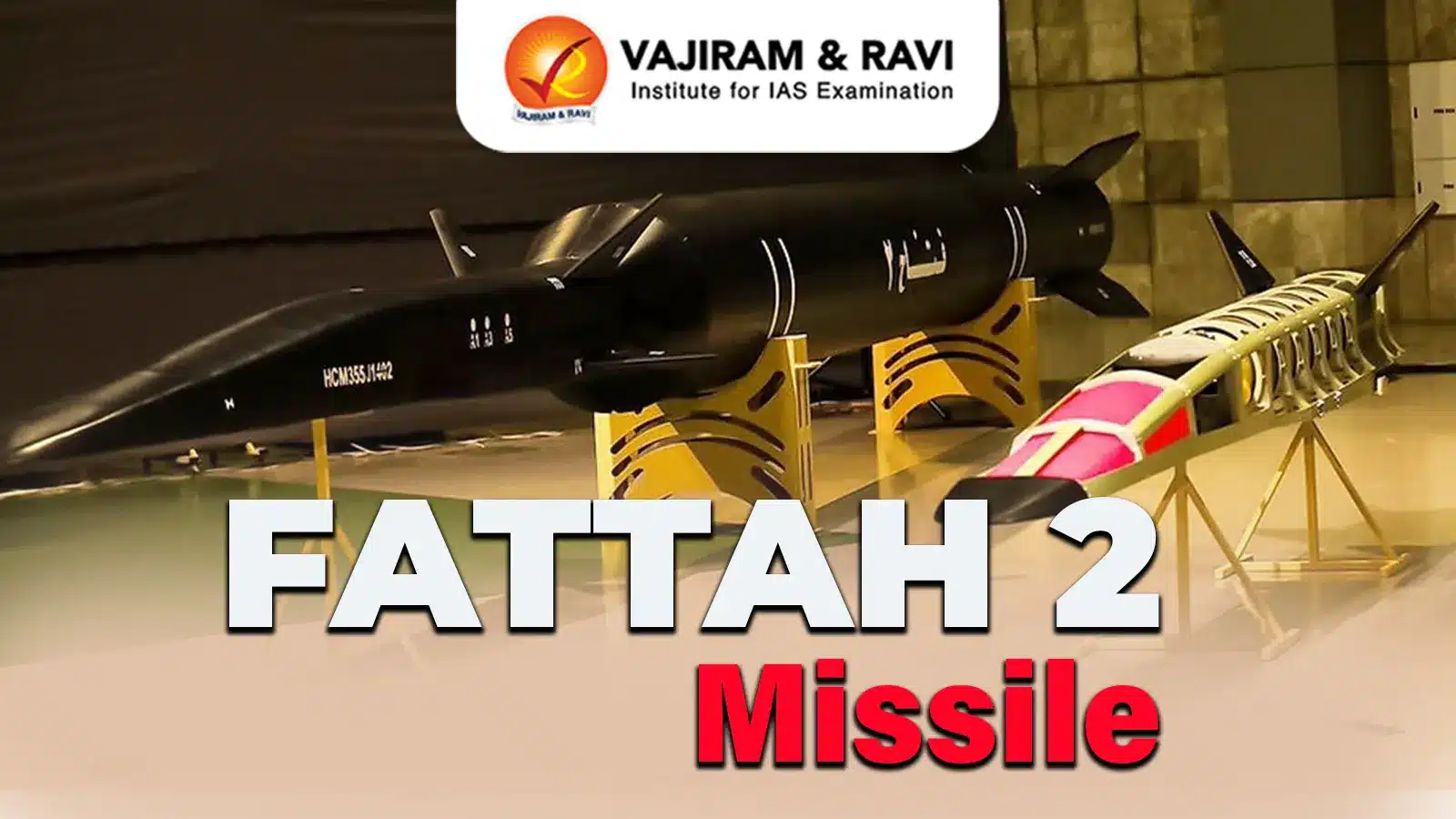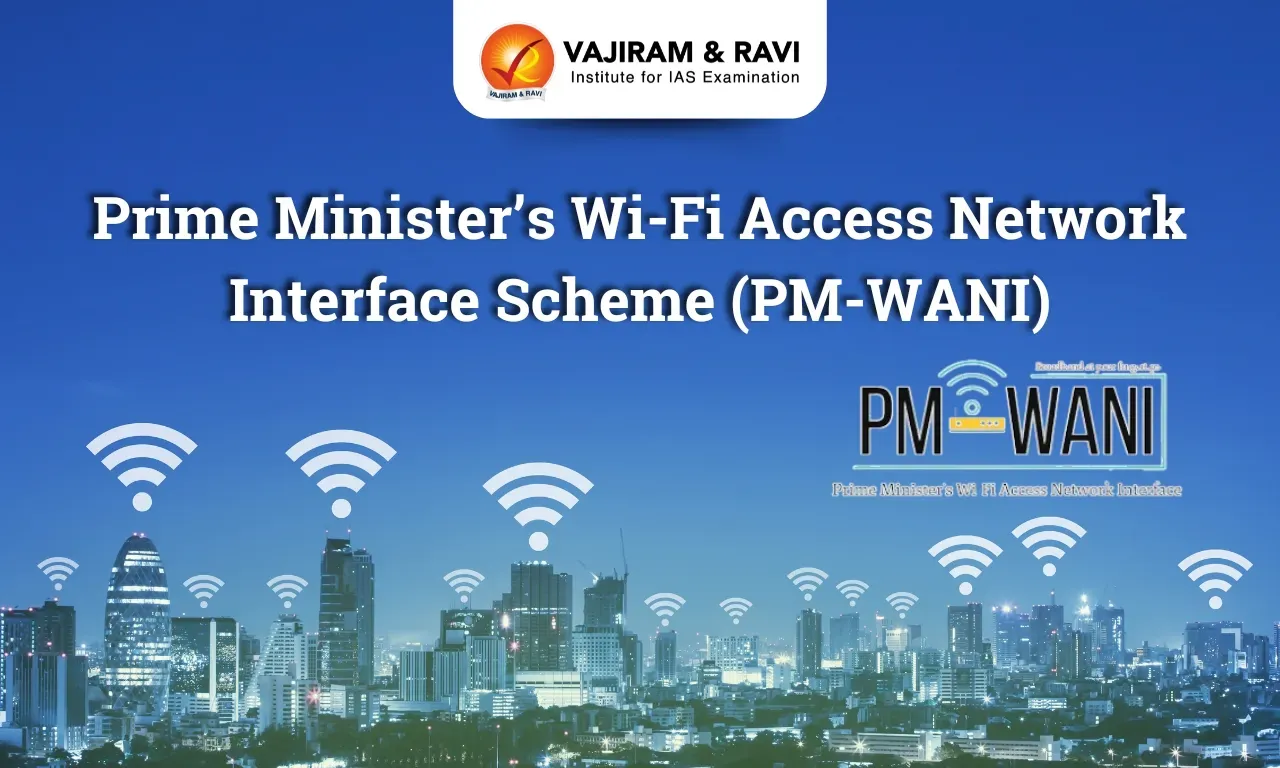About Battery Energy Storage Systems (BESS)
- The approved scheme envisages development of 4,000 MWh of BESS projects by 2030-31.
- Funding:
- Financial support of up to 40% of the capital cost as budgetary support in the form of Viability Gap Funding (VGF) is provided by the union government.
- The VGF shall be disbursed in five tranches linked with the various stages of implementation of BESS projects.
- By offering VGF support, the scheme targets achieving a Levelized Cost of Storage (LCoS) ranging from Rs. 5.50-6.60 per kilowatt-hour (kWh), making stored renewable energy a viable option for managing peak power demand across the country.
- To ensure that the benefits of the scheme reach the consumers, a minimum of 85% of the BESS project capacity will be made available to Distribution Companies (Discoms).
- The selection of BESS developers for VGF grants will be carried out through transparent competitive bidding process, promoting a level playing field for both public and private sector entities.
- Significance:
- This will not only enhance the integration of renewable energy into the electricity grid but also minimize wastage while optimizing the utilization of transmission networks.
- This will reduce the need for costly infrastructure upgrades.
- The competitive bidding process approach will foster healthy competition and encourage the growth of a robust ecosystem for BESS, attracting significant investments and generating opportunities for associated industries.
- This scheme is designed to harness the potential of renewable energy sources such as solar and wind power, the scheme aims to provide clean, reliable, and affordable electricity to the citizens.
What is battery storage?
- Battery storage, or battery energy storage systems (BESS), are devices that enable energy from renewables, like solar and wind, to be stored and then released when the power is needed most.
Q1) What is Renewable energy?
Renewable energy, often referred to as renewables, is energy derived from naturally occurring and replenishable sources. Unlike fossil fuels, which are finite and contribute to environmental issues like climate change, renewable energy sources are considered more sustainable and environmentally friendly.
Last updated on June, 2025
→ UPSC Notification 2025 was released on 22nd January 2025.
→ UPSC Prelims Result 2025 is out now for the CSE held on 25 May 2025.
→ UPSC Prelims Question Paper 2025 and Unofficial Prelims Answer Key 2025 are available now.
→ UPSC Calendar 2026 is released on 15th May, 2025.
→ The UPSC Vacancy 2025 were released 1129, out of which 979 were for UPSC CSE and remaining 150 are for UPSC IFoS.
→ UPSC Mains 2025 will be conducted on 22nd August 2025.
→ UPSC Prelims 2026 will be conducted on 24th May, 2026 & UPSC Mains 2026 will be conducted on 21st August 2026.
→ The UPSC Selection Process is of 3 stages-Prelims, Mains and Interview.
→ UPSC Result 2024 is released with latest UPSC Marksheet 2024. Check Now!
→ UPSC Toppers List 2024 is released now. Shakti Dubey is UPSC AIR 1 2024 Topper.
→ Also check Best IAS Coaching in Delhi
























